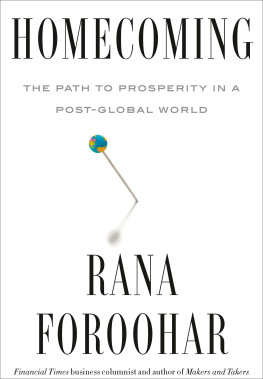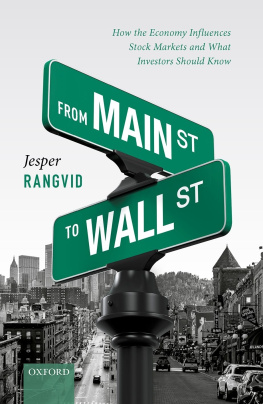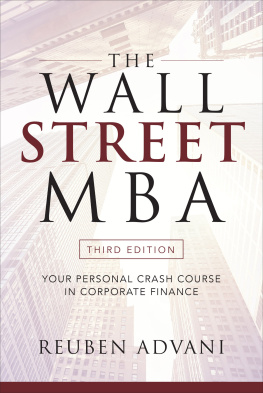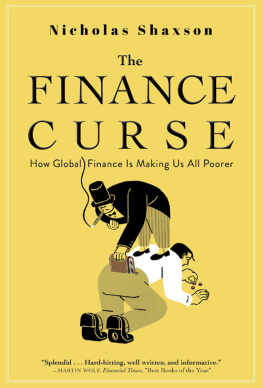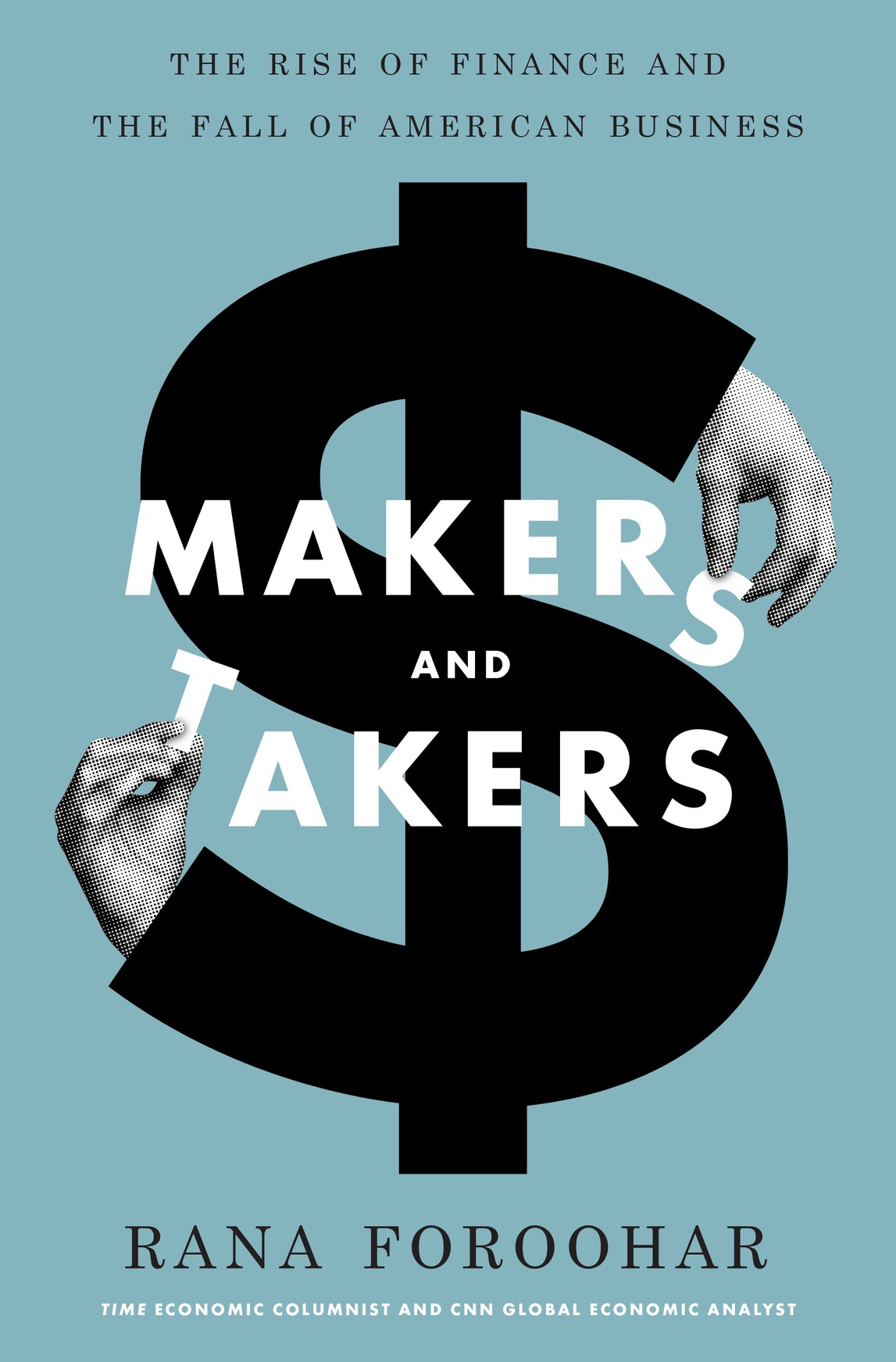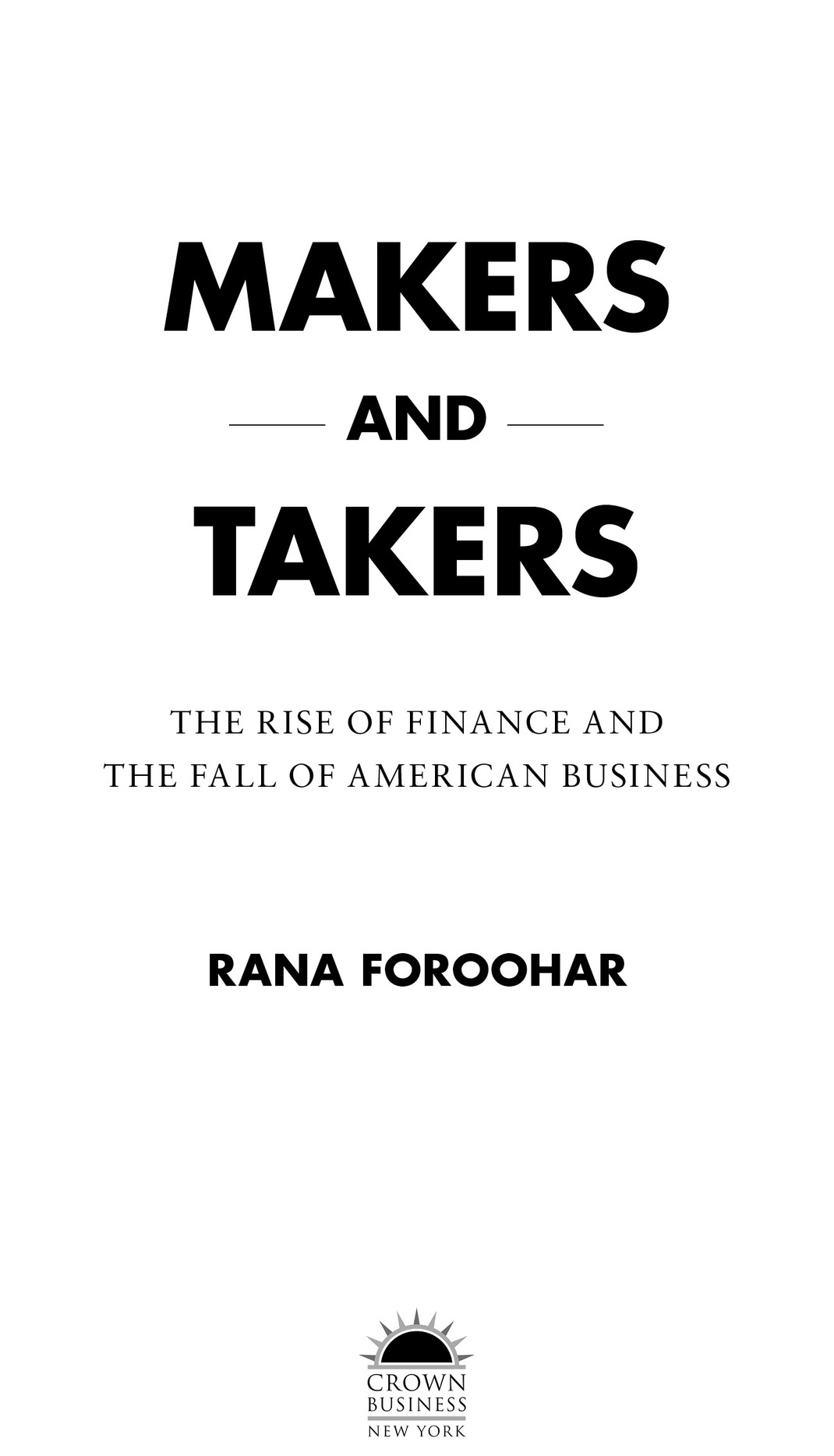All rights reserved.
Published in the United States by Crown Business, an imprint of the Crown Publishing Group, a division of Penguin Random House LLC, New York.
CROWN BUSINESS is a trademark and CROWN and the Rising Sun colophon are registered trademarks of Penguin Random House LLC.
Library of Congress Cataloging-in-Publication Data is available upon request.
Ideas take shape over time, but they often crystallize in a single moment.
This book is in many ways the culmination of my twenty-three years in business and economic journalism, during which time I have often wondered why our market system doesnt serve American companies, workers, and consumers better than it does. But I can also track the moment when I knew I had to write Makers and Takers. It was back in 2013, and I was sitting in an off-the-record briefing with a former Obama administration official who had been a key player in the financial crisis of 2008. A group of journalists, mostly financial beat reporters, had been gathered together in New York to hear this former officials post-game analysis of the crisis, part of the administrations efforts to bring closure to the most painful economic event in seventy-five years in this country (as well as to tie a neat bow around the Obama teams handling of it).
At one point, a reporter pressed the former official on whether he thought that the Dodd-Frank bank reform regulation, which was still only half finished at the time, had been unduly influenced by Wall Street lobbying efforts. The official insisted that this wasnt the case. I was taken abackI had recently done a column for Time citing some academic research showing that 93 percent of all the public consultation taken on the Volcker Rule, one of the most contentious parts of the Dodd-Frank regulation, had been taken with the financial industry. Wall Street, not Main Street, was clearly the primary voice in the room as the regulation was being crafted. I raised my hand and shared the statistic, and then asked why so many such meetings had been done with bankers themselves, rather than a broader group of stakeholders. The official looked at me in a way that seemed to show honest befuddlement, and said, Who else should we have taken them with?
That moment, more than any other, captured for me how difficult it is to grapple with the role of finance in our economy and our society. Finance holds a disproportionate amount of power in sheer economic terms. (It represents about 7 percent of our economy but takes around 25 percent of all corporate profits, while creating only 4 percent of all jobs.) But its power to shape the thinking and the mind-set of government officials, regulators, CEOs, and even many consumers (who are, of course, brought into the status quo market system via their 401(k) plans) is even more important. This cognitive capture, as academics call it, was a crucial reason that the policy decisions taken by the administration post-2008 resulted in large gains for the financial industry but losses for homeowners, small businesses, workers, and consumers. Its also the reason that the rules of our capitalist system havent yet been rewritten in a way that would force the financial markets to do what they were set up to do: support Main Street. As the conversation detailed above shows, when all the people in charge of deciding how market capitalism should operate are themselves beholden to the financial industry, its impossible to craft a system that will be fair for everyone.
That tension and that challenge are the subjects of this book. The view from Wall Street has over the past forty years or so become the conventional view of how our market system and our economy should operate. And yet, its a view that is highly biased and distorted. While we think about the financial industry as the grease for the wheels of our capitalist system, the interests of Wall Street and of American business (not to mention its workers and consumers) often dont line up at all.
Finance has become a headwind to economic growth, not a catalyst for it. As it has grown, businessas well as the American economy and society at largehas suffered. The financial crisis of 2008 was followed by the longest and weakest economic recovery of the postWorld War II era. While the top tier of society is now thriving, most everyone else is still struggling. We need a dramatically different balance of power between finance and the real economybetween the takers and the makersto ensure better and more sustainable growth. Its a conversation that has been hard to have, given how much control finance has in our economy and our society. But its crucial to crafting a better future. This book is an attempt to start that conversationto illustrate how takers came to dominate makers in our economy, and how we can change things for the better.
It wasnt the way Steve Jobs would have done it.
In the spring of 2013, Jobss successor as CEO of Apple Inc., Tim Cook, decided the company needed to borrow $17 billion. Yes, borrow. Never mind that Apple was the worlds most valuable corporation, that it had sold more than a billion devices so far, and that it already had $145 billion sitting in the bank, with another $3 billion in profits flowing in every month.
So, why borrow? It was not because the company was a little short, obviously, or because it couldnt put its hands on any of its cash. The reason, rather, was that Apples financial masters had determined borrowing was the better, more cost-effective way to obtain the funds. Whatever a loan might normally cost, it would cost Apple far less, thanks to a low-interest bond offering available only to blue-chip companies. Even better, Apple would not actually have to touch its bank accounts, which arent held someplace down the street like yours or mine. Rather, they are scattered in a variety of places around the globe, including offshore financial institutions. (The company is secretive about the details.) If that money were to return to the United States, Apple would have to pay hefty tax rates on it, something it has always studiously avoided, even though there is something a little off about a quintessentially American firm dodging a huge chunk of American taxes.
So Apple borrowed the $17 billion.



